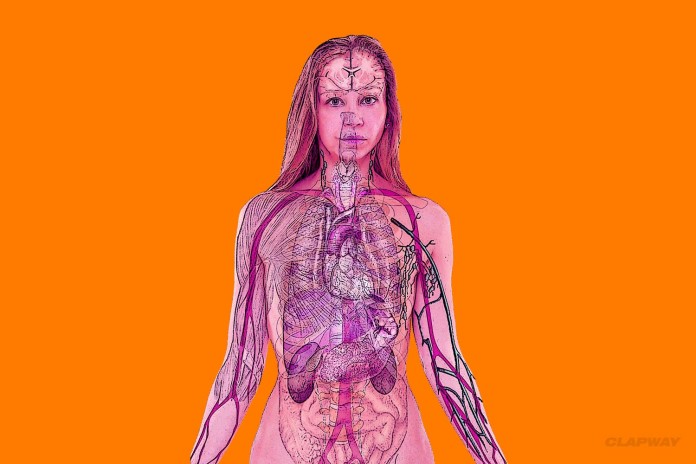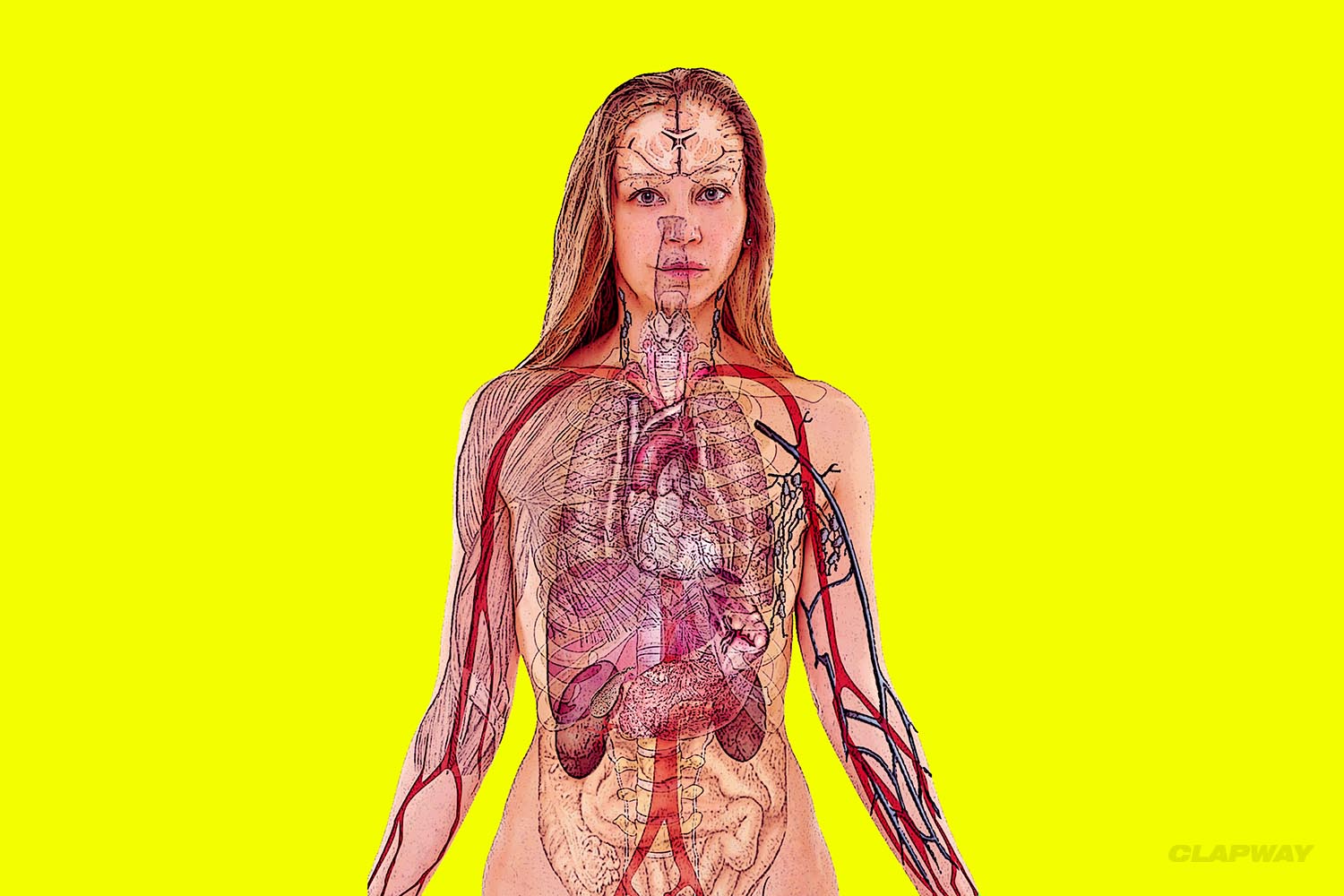
Johns Hopkins has recently announced its first organ transplant between HIV-positive donors and patients. The operation has long been a topic of debate, but now provides a wider path of treatment for those infected with the disease.

JOHNS HOPKINS TAKES ADVANTAGE OF 2013 ORGAN POLICY
Between 1988 and 2013, such transplants like this were forbidden by medical facilities. At the time, AIDS fear was at an all-time high and HIV patients were considered of lesser value. Doctor’s knew their life span was short so they wouldn’t bother following through with an organ transplant. Since the medical landscape has changed so drastically, President Obama was able to pass the HIV Organ Policy Equity Act. Johns Hopkins took advantage of this as soon as they could. In January, they received approval and went ahead with the successful transplant.
HIV PATIENTS GIVEN A CHANCE TO LIVE
The past treatment of HIV patients was purely inhumane. They were denied the basic human right to live and participate due to a controversial social stigma. Fortunately, society has reversed their stance on the matter and Johns Hopkins has spearheaded the start to something great. Due to this process being so new, doctors estimate it will take a bit of time for the necessary facilities to get up and running. The systems simply are not in place yet for these transplants to happen on a massive scale.
THE FUTURE OUTLOOK
What Johns Hopkins has accomplished will be the first of many bright highlights in the realm of HIV transplants. While just a small number of operations are being planned now, the number will slowly increase once the proper foundations are built. This groundbreaking procedure not only gives hope to those living with the disease, but to those willing to help. Terminal patients with HIV can now donate their organs to those in need. In the past, they were denied this right due to their infection, but now the option to leave a legacy is available. More organizations will surely follow in the path of Johns Hopkins, making way for a bright future of possibility for organ donors and recipients alike.

















